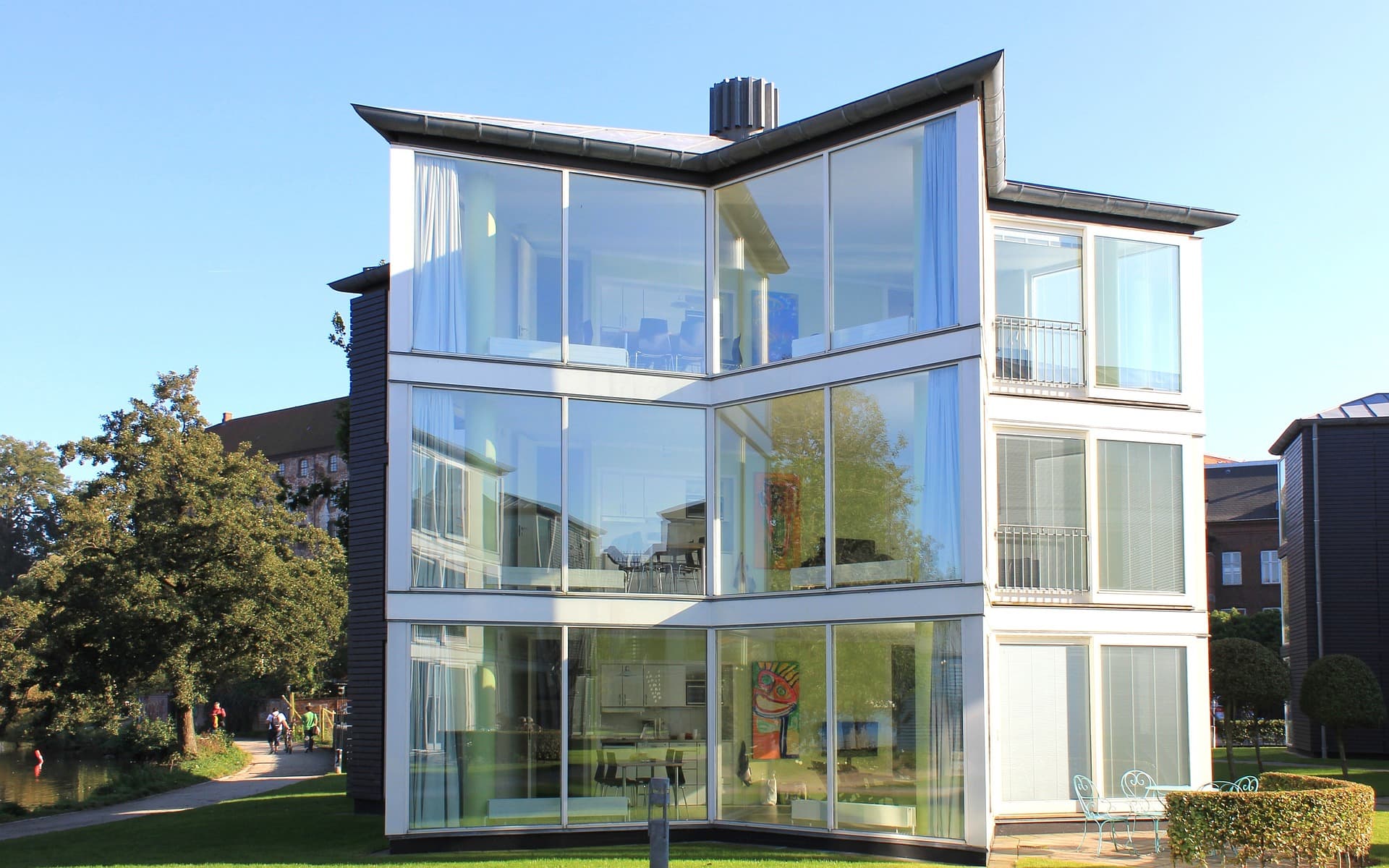Arguing That You Don’t Care About the Right to Privacy because You have Nothing to Hide, is No Different than Saying you don’t Care about Free Speech because you have Nothing to Say. – Edward Snowden
Introduction
We have all heard the term “Big Brother” from George Orwell’s 1984, which represents an all-seeing, all-knowing authority figure who constantly monitors and controls the population. The Big Brother concept focuses on three things: spying, collecting, and exploiting. Additionally, the term “The Big Three” refers to Privacy, Security, and Anonymity. The Big Three are not always interdependent. There may be situations where we have Security without Privacy or Anonymity, or Security and Privacy without Anonymity, etc.
Privacy
Privacy - like eating and breathing-is one of life’s basic requirements.
Privacy is “the state of being apart from observation or not disturbed by other people.” It is a ability to control information and own it. This typically refers to information about your identity, like your metadata.
Privacy is a fundamental human right and is essential for the protection of personal freedom.
Privacy is like a house. Most people do not want to live in a house completely made out of glass. Data privacy should be viewed in a similar fashion, data shouldn’t be a “Glass House”.

Using the above house example, privacy can be thought of as your ability to control who has the key or the address to your house.
In the digital age, protecting privacy online has become increasingly important, as more and more personal information is shared and stored online.
Security
Online security is like an onion. It has many layers and it takes time and effort to peel them all back. But it’s worth the time and effort to protect yourself and your information.
Security is defined as “freedom from danger or exposure”, In the digital world, security often refers to measures taken to protect against cyber threats, such as hacking, malware, and data breaches. It is the ability to keep unauthorized people from accessing our information.
This can include technical measures, such as firewalls and encryption, strong passwords and user authentication.
A real-world scenario could be we lock our house so that unauthorized people can’t get into the house.
Anonymity
Anonymity is a shield from the tyranny of the majority.
Anonymity is the state of being anonymous or not being identifiable or traceable, or “of unknown authorship or origin, not named or identified.” It is the ability to be completely unknown by anyone. While Privacy is about people knowing who you are but not knowing what you are doing, Anonymity is about people knowing what you are doing but not knowing who you are. A good example is Satoshi Nakamoto, the famous and unknown creator of Bitcoin.
This may not always be the case. Not everyone should have to be anonymous, it really depends on whom the Individuals are. What most people really require, still, is privacy — the ability to keep what you say and do on the internet to yourself and those you wish to share with.
Conclusion
Overall, protecting your privacy, security, and anonymity online is essential for maintaining your freedom in the digital age. By being aware of these concepts and taking steps to protect them, you can enjoy the benefits of the internet while also keeping your personal information safe.